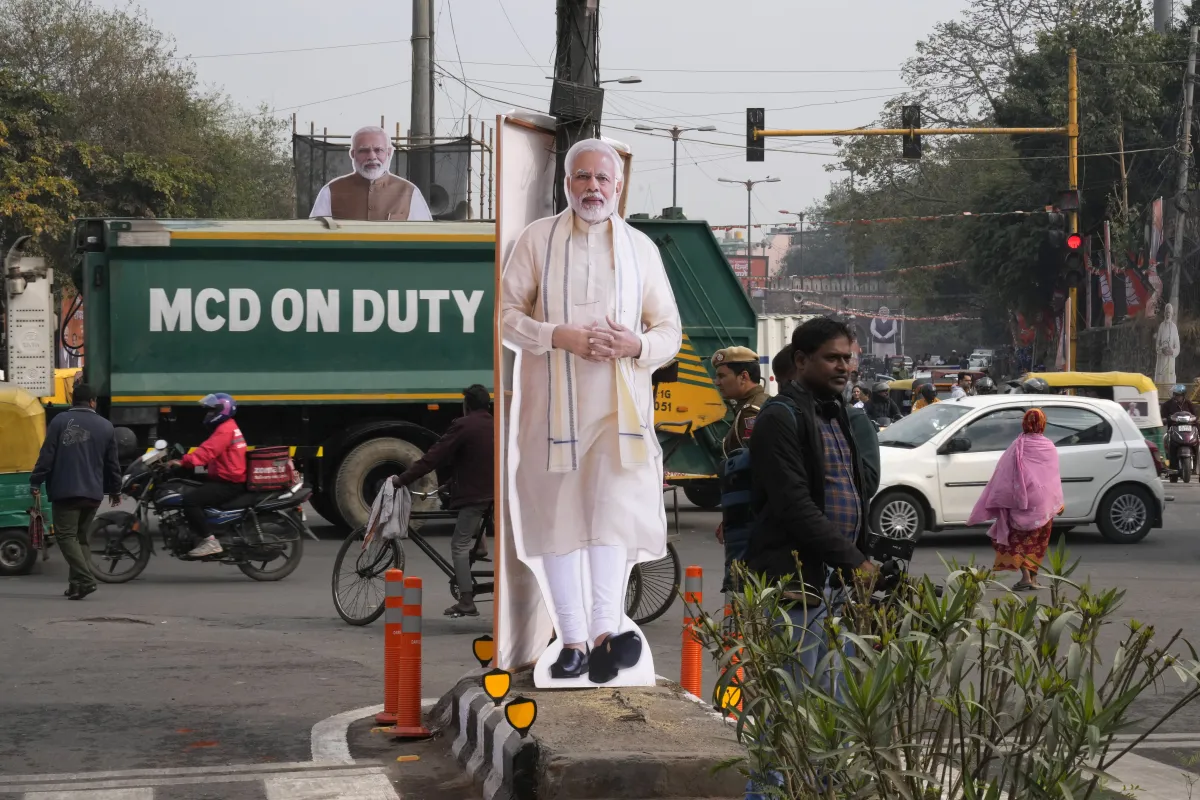New Delhi: The residents of Delhi will soon have to shell out more from their pockets as the Municipal Corporation of Delhi (MCD) is going to impose a monthly user charge for door-to-door garbage collection — a service that was so far free. Seven years after the Solid Waste Management Rules, 2018 were notified in the national capital, the MCD will finally begin collecting charges ranging from Rs 50 to Rs 200 per month from residential property owners. The new fee will be collected along with property tax, effectively increasing the overall annual cost for homeowners.
What will residents have to pay?
The user charge will depend on the size of the property:
- Up to 50 sq m: Rs 50/month
- 50–200 sq m: Rs 100/month
- Above 200 sq m: Rs 200/month
- Street vendors: Rs 100/month
For a typical homeowner, this means paying anywhere between Rs 600 to Rs 2,400 annually in addition to the property tax.
What about commercial properties?
For businesses and institutions, the charges are significantly higher:
- Shops and eateries: Rs 500/year
- Guesthouses/Dharamshalas: Rs 2,000/year
- Restaurants with 50+ seats: Rs 3,000/year
- Hotels (3-star and above): Rs 5,000/year
- Clinics, labs (50+ beds): Rs 4,000/year
- Banks/Coaching centres: Rs 2,000/year
- Marriage halls: Rs 5,000/year
- Small-scale industries with hazardous waste: Rs 3,000/year
The MCD estimates that this move could generate up to Rs 150 crore in additional annual revenue.
Political row begins
The decision has triggered a political row in the capital. The Aam Aadmi Party (AAP) has criticised the move, calling it “arbitrary” and unauthorised by the House. Delhi Mayor Shelly Oberoi reportedly wrote to the MCD Commissioner, questioning the legality of implementing user charges without proper council approval.
Policy background
The Centre had first notified the Solid Waste Management Rules in 2016. The Delhi government implemented them in January 2018. However, the three erstwhile BJP-run municipal corporations had resisted the plan at the time. Now, under a unified MCD, the implementation is finally moving forward — and directly impacting lakhs of Delhi residents.

